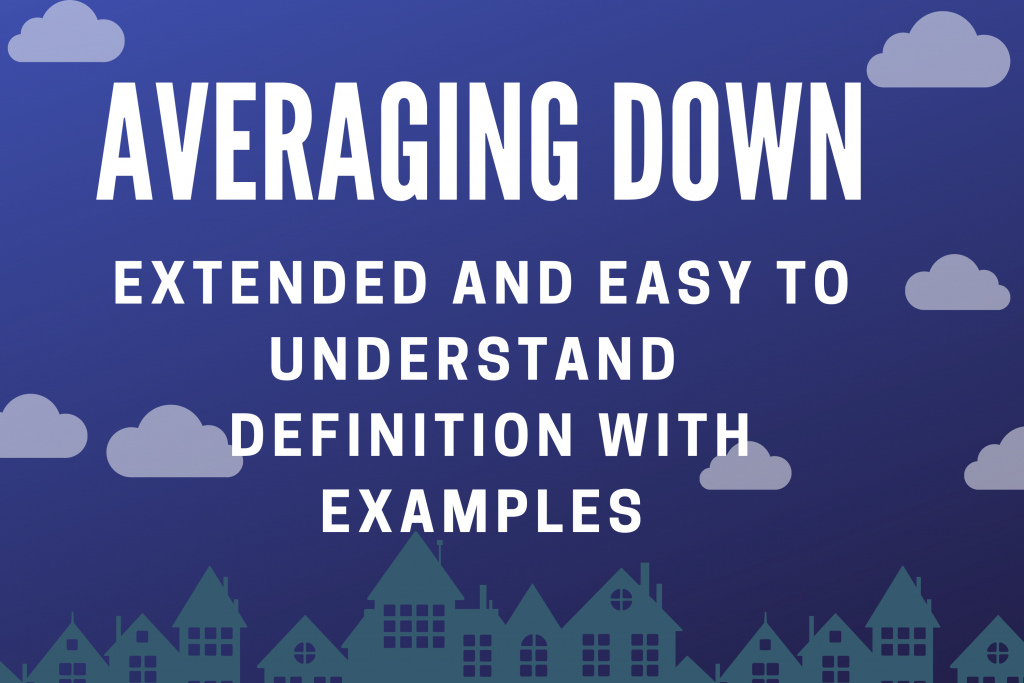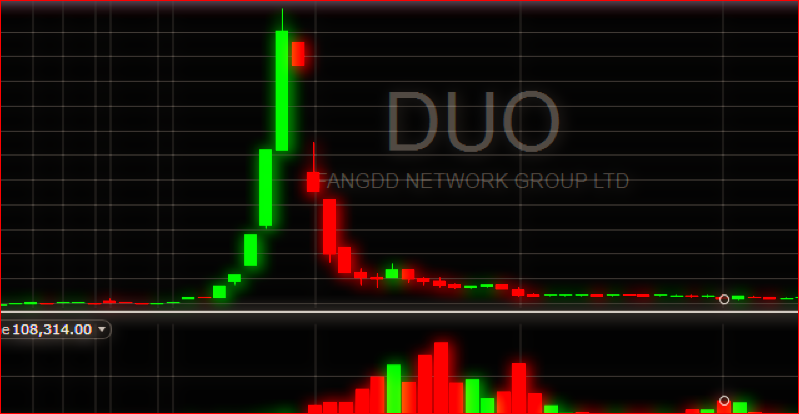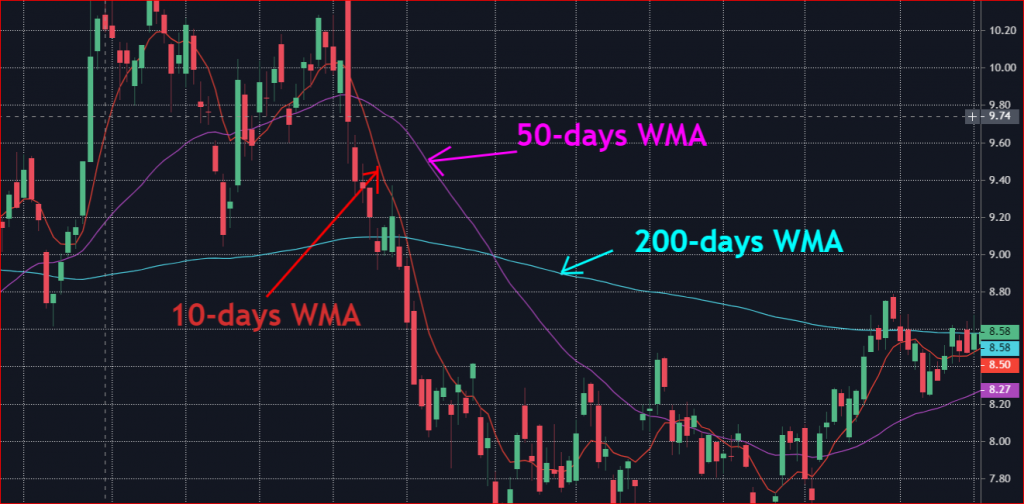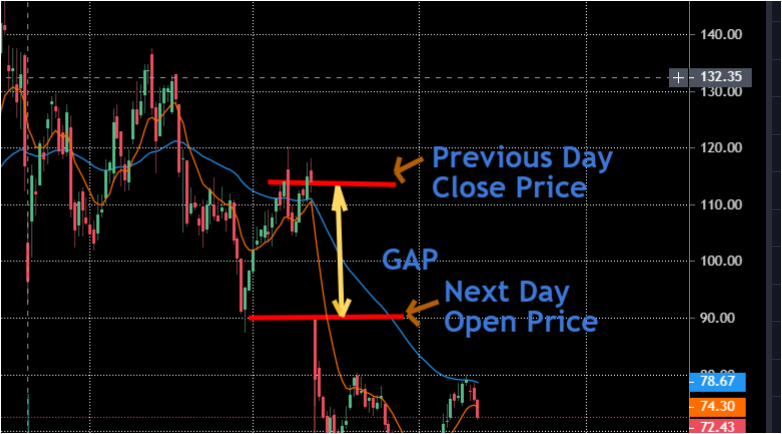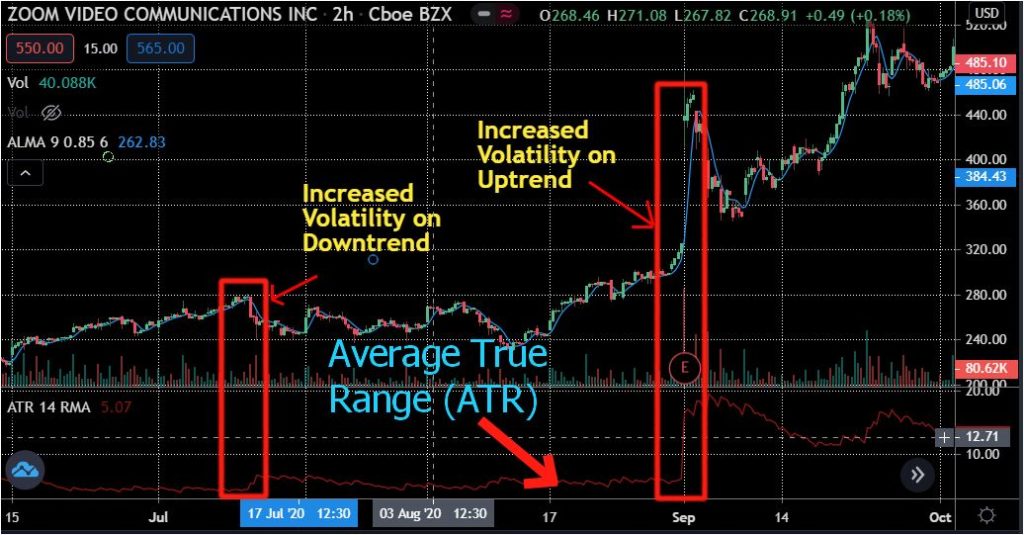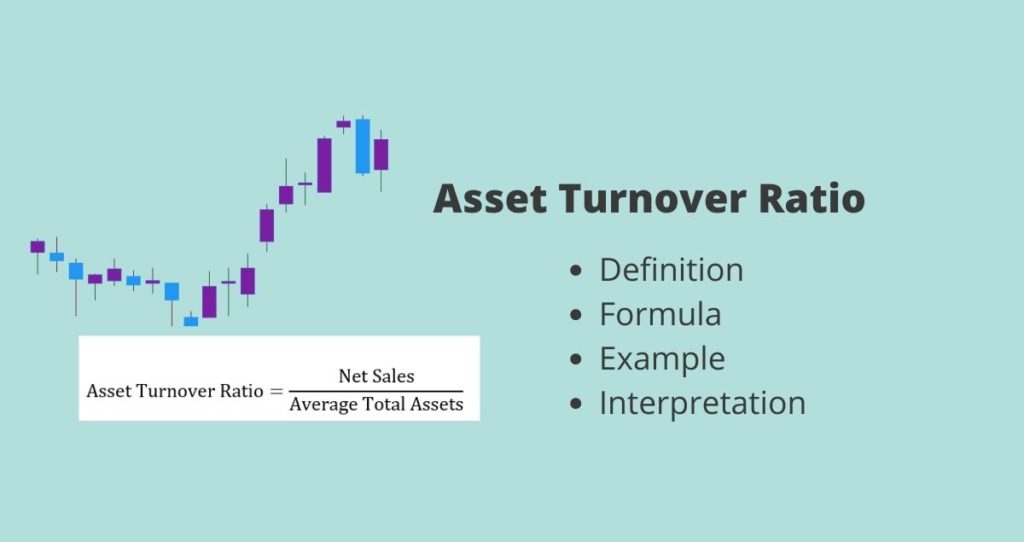What Is A Market Correction?
A market correction is a decline in the market value of 10% or more from its previous high due to a shift in investors’ sentiment about the market and economy. Corrections do happen to individual assets, indexes, or economic sectors. The causes of market corrections are different due to a huge diversity of market sectors.
For example, a big rally followed by economic uncertainty can cause a stock market correction. A correction in one sector does not necessarily affect all sectors of the market. However, there are times when one sector triggers a correction in other markets.
Everything depends on the health of the economy and the cause of the market correction. There is not an exact duration of the corrections. In general, the correction can last up to four months. During the correction, investors use technical analysis to understand the correction and predict the end of the correction.
What happens during a market correction?
Before a correction, everything seems perfect in the market. This is why it is hard to predict the market correction start time. Investors continue their routine to the last minute.
Slowly, optimistic sentiments of investors are replaced by pessimistic behaviors. With a lot of uncertainty in the market, people start selling to avoid losses in the crash. The more people who sell, the more prices fall.
Novice and short term investors worry more about the crash and are the ones who crash the market further. Their panic during the sell-off infects other investors. This turns the market into a selling frenzy after the supply outshines the demand.
Investors who practice day trading and swing trading suffer more in a market correction. They get caught off guard and it takes months for prices to return to their previous highs.
How to prepare for market corrections?
Since it is difficult to prepare for a market correction, you must be prepared every single day. Savvy investors treat every day as the day of the crash. You don’t need to panic every day. However, you have to understand that the crash can start anytime.
For this reason, you must protect your investment especially if you are a short-term investor or a trader. Avoid using market orders when buying or selling your securities.
Instead, use limit orders on every transaction you make. It is equally important to use stop-loss orders to protect yourself from a sudden crash in the market.
If you don’t want to stay in the market, you can sell all your shares or reduce the size of your holdings. This way, you can lock in some profits and take risks on small position sizes.
How to invest during market corrections
Market corrections cause a lot of panic in the market. Many people exit their positions due to losses from the market. We cannot blame them. No one knows when it happens or how low it will drop.
Although market corrections cause a lot of turmoils and losses of assets and equities to many people; they create rare opportunities for others.
Savvy investors grab businesses and investments at a discount. How would you feel if you are offered to buy your favorite stock at a 17% discount?
If you choose to invest during a market correction, you must use technical analysis methods before you start buying securities. Just because markets are selling at discounts does not mean that they have reached the bottom.
Always remember that a stock can make a new low regardless of how low it is trading. This is why you need to enter when the market is at the lowest point possible. By utilizing this technique, you will increase your potential returns and avoid major losses if markets continue to drop.
You must use proper trading techniques such as limit orders, stop losses, etc, for every order you make. This way, you will buy stocks at the best price and be kicked out of the market if prices move against you.
Last but not least, you need to follow the market closely. There are chances that a market correction can turn into a recession depending on the health of the economy. If this happens, you will have to re-adjust your investment strategies.



